There is a famous hadith that knowledge will disappear with the death of scholars. This is a dire eventuality that as people affiliated with sacred knowledge we pray and hope we do not have to witness in our lifetimes. Last Friday (11 June 2021 / 1 Dhu al-Qa‘dah 1441), however, was one of those days when it felt that this hadith was manifesting itself as news began trickling in of the passing of two unique and erudite scholars.
I was already grieving following news that the brilliant Shaykh Mawlana Taha Karaan had passed away due to Covid-19 in Cape Town, South Africa, when messages arrived from India that another scholar I was close to had also passed away. Mawlana Taha was the head mufti of the Muslim Judicial Council (MJC), and founder of the Mahajjah Research Institute and Dar al-‘Ulum al-‘Arabiyyah al-Islamiyyah in Strand. Mawlana Taha was in his early 50s and full of immense learning, yet humble, simple and approachable. I clearly remember meeting him when he was in his 30s at his Cape Town institute in 2003 during a visit there with Shaykh Mawlana ‘Abdul Hafiz Makki. I was accompanying the shaykh on a Tasawwuf tour and we were staying in the Pelican Heights area of the city at the home of one of our shaykh’s khalifahs, the late Mawlana Ebrahim Adam (d.2013), who was also Mawlana Taha’s maternal uncle. A brilliant orator and man of learning, Mawlana Ebrahim, like his nephew, was a graduate of Dar al-‘Ulum Deoband having studied there in the 1960s. Also accompanying us on that visit was the current First-Deputy President of the MJC Mawlana ‘Abdul Khaliq Ebrahim Allie, a graduate of Jamia Binori in Karachi, who is still with us and is also a khalifah of our shaykh.
Hearing of Mawlana Taha’s passing was immensely difficult. He was a person I admired and who I would be in infrequent contact with. Hearing of his death made me wonder how little I had benefitted from him. My grief, however, was further compounded as I came to learn that another erudite scholar and prolific writer, Mufti Ismail Kawthar Kosadi Falahi had also passed away the same day due to Covid-related complications at the young age of around 35. Similar to Mawlana Taha, despite his tender age, Mufti Ismail had left a mark in the field of Islamic learning, education, research and publishing. There are plenty of scholars around these days, but there are few that write, or write well, and are bestowed with a gift of carrying out in depth research – we lost two such scholars who possessed these qualities on the same day.
According to scholars who knew Mufti Ismail and studied with him, he was an exemplary student and an exemplary teacher and lecturer. A graduate of Dar al-‘Ulum Falah-i-Darayn in Tadkeshwar, Gujarat, he initially studied hadith under Shaykh al-Hadith Mawlana Sher ‘Ali Afghani (d.2015). On graduation, he travelled to Mazahair al-‘Ulum Saharanpur to specialise in hadith studies under the world renowned expert of hadith Shaykh al-Hadith Mawlana Muhammad Yunus Jaunpuri (d.2017). He thereafter completed the fiqh specialism course at Jami‘ah Husayniyyah Rander and studied English at Markaz-i-Islamiyyah, Ankleshwar. On completion of his studies he began lecturing at Jami’ah Islamiyyah Isha‘at al-‘Ulum, Akkalkuwa, and later taught hadith at Markaz-i-Islamiyyah, Ankleshwar. He recently took up teaching Imam al-Bukhari’s Sahih at the Madrasah-i-Banat in his ancestral village of Kosadi.
In terms of suluk, Mufti Ismail was a khalifah of Mawlana Munir Ahmad of Kalina in Mumbai with whom he had established a relationship since his student days, often spending time at his khanqah, including during Ramadan. (Mawlana Munir Ahmad is a khalifah of Mawlana ‘Abdul Halim Jaunpuri who in turn was a khalifah of Mawlana Shah Wasiullah Ilahabadi and also our Hadhrat Shaykh al-Hadith Mawlana Muhammad Zakariyya Kandhalwi (d.1982).)
Several senior scholars in Gujarat specifically and in India widely entertained great hopes in Mufti Ismail, especially Mufakkir al-Ummah Mawlana Abdullah Kapodrawi (d.2018), the former Vice Chancellor at Tadkeshwar and often referred to as Rais-i-Gujarat or Rais al-Jami’ah. Mufti Ismail was closely involved in writing and publishing the mawlana’s lectures, speeches and writings, and was working on his biography. Mawlana Abdullah Kapodrawi once said, “Why did we not find this youth earlier? He works so quickly, with such diligence and with such erudition.”
Mufti Ismail had also been commissioned by the family of the late lecturer of hadith at Dar al-‘Ulum Bury, Mawlana Ebrahim Desai (d.1980) to oversee the preparation of his long overdue biography and the writing up of his lectures. Mawlana Ebrahim Desai himself was an individual who I never met (he passed away when I was a few months old) but due to his prominent position as imam of the Jami‘ Masjid and Quwwat al-Islam Masjid in Preston (from 1975 to his passing in 1980) he was a familiar household name in the Nakhuda family and someone whose knowledge and asceticism deeply influenced several senior members of my family, particularly my late father who enjoyed a close and intimate relationship with him. (Working with Mufti Ismail on this project was Mawlana Ebrahim’s nephew Mawlana Faruq Desai, his son Dr Muhammad ‘Ali Desai and Dr Mawlana Mahmood Chandia.)
Some of the works that Mufti Ismail recently published include Mawlana Abdullah’s introduction on Al-Mishkat al-Masabih. He was also working on a critical edition (tahqiq) of a manuscript of hadith entitled Usul al-Hadith wa Faharis al-Bukhari by Shaykh Muhammad bin Umar al-Naharwali al-Fatani on which he had collaborated with Shaykh al-Hadith Mawlana Yusuf Motala (d.2019). Mufti Ismail was also an expert on Muslim history in Gujarat and had been asked by our Mawlana Yusuf Motala to review a new Urdu translation of Zafar al-Walih bi Muzaffar Wa Alihi (an Arabic history of Gujarat from the Muzaffarid period by al-Ulughkhani, also known as Haji al-Dabir).
Interestingly, a few years ago he discovered an old handwritten collection of Friday khutbahs at a masjid in Bodhan (near Tadkeshwar) written in beautiful rhyming Arabic by a Mawlana Muhammad ‘Umar Nakhuda of Tadkeshwar which Mufti Ismail was in the process of publishing with a new introduction – it was while carrying out research on this manuscript that we were introduced to each other and began exchanging WhatsApp messages. Our conversations were generally via WhatsApp’s voice recording function and centred around the history of Gujarat, a subject that we were both deeply interested in. We took great delight in sharing nuggets of information, references, names of books, authors and historical personalities. In my interactions I was impressed by Mufti Ismail’s broad reading on the subject and enjoyed telling him about material I had seen and collected over the years on the subject in English. I also noted his interest in Tasawwuf and in the life, writings, lectures and religious work of our Shaykh Mawlana ‘Abdul Hafiz Makki.
During one of these conversations he mentioned that he was looking at writing a history of his ancestral village, Kosadi and asked for sources from the colonial period. I provided him with several, including an electronic copy of the complete multi volume Bombay Gazetteer which he was very delighted and grateful to receive. For the biography he was compiling on the life of Mawlana Ebrahim Desai, I also provided him with some extremely rare documents on the history of Tadkeshwar that I had painstakingly collected during trips to South Africa and the British Library in London. He also very kindly shared some unique sources that I had been searching for on the East India Company attack on the village of Bodhan in 1810, enabling me to complete an article I had begun writing several years ago. Impressed by his knowledge and interest in Muslim history of Gujarat, I told Mufti Ismail that it was my wish to visit India once the pandemic was over and requested that he join me on a trip to historical sites, mosques, tombs, castles, libraries and bookstores. Alas, this was not to happen.
Towards the end of April we had communicated and he told me that the Covid-19 situation in Tadkeshwar and the neighbouring village of Nani Naroli was dire. During Ramadan we were not in contact but then exchanged Eid pleasantries. He then told me on 21 May that he was unwell and had contracted Covid-19 a week before and sent me a voice message saying he was recovering and requested I pray for him. Hearing this, I felt upset and asked friends and those connected to the khanqah of Shaykh ‘Abdul Hafiz Makki, specifically those resident in Makkah and Madinah, to make special du‘a for him. News later arrived on Friday 11 June 2021 that this mountain of knowledge and erudition, brilliant writer and man of piety had returned to his Creator close to Friday prayers. “Verily we belong to Allah and verily to Him do we return.” (2:156)
People who knew him mention that though Mufti Ismail had recovered from Covid, he was suffering from a Covid-related complication called mucormycosis, commonly known as “black fungus.” Though I had never physically met him and had barely known him for even a year, I grieve at his passing. Despite his young age, he authored some 20 books and leaves behind a wife and two young children. His passing and that of Mawlana Taha surely reminds one of the hadith that knowledge shall disappear with the death of scholars.


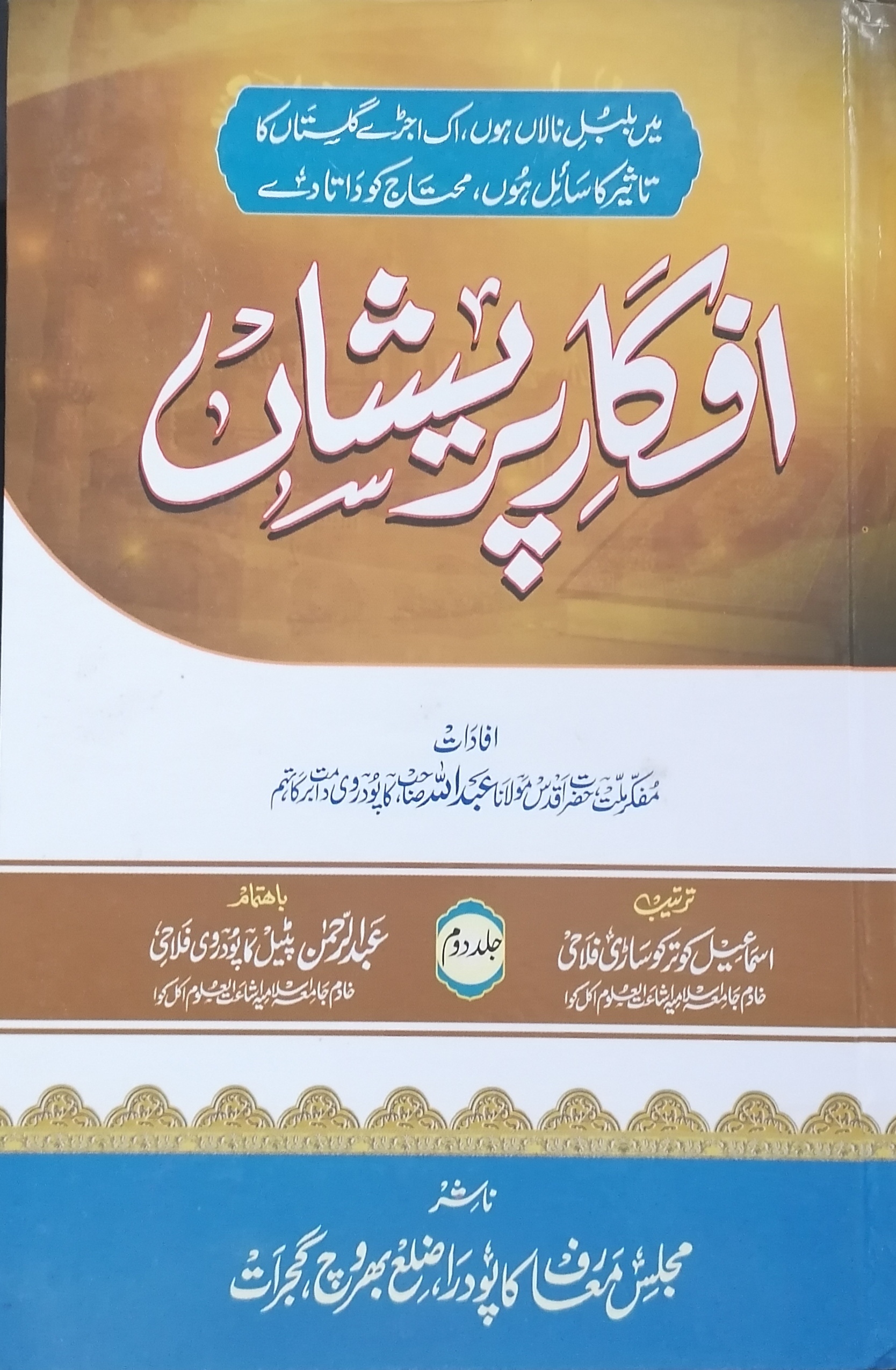
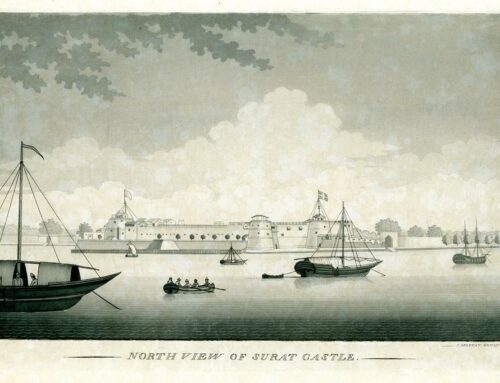
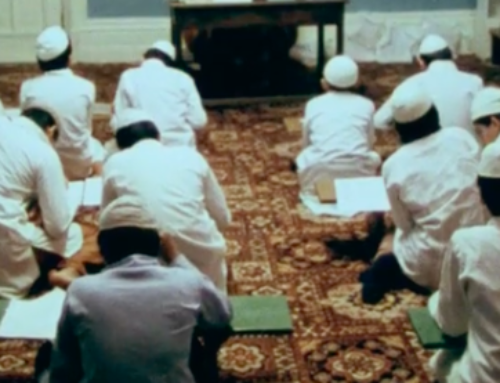
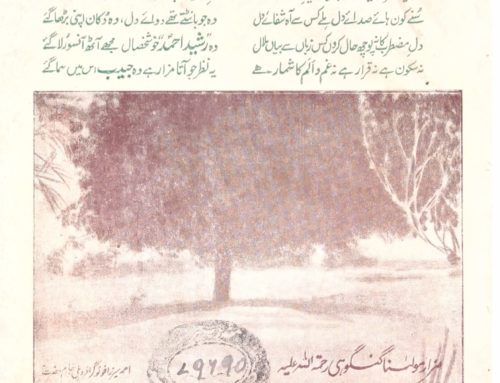

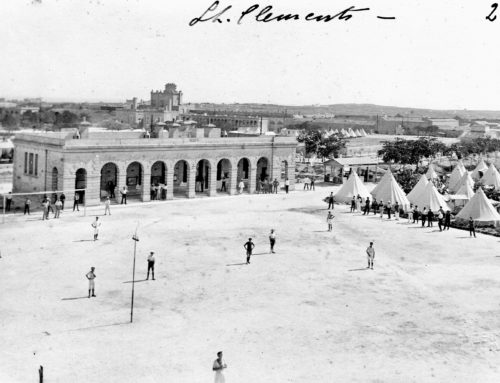
Leave A Comment